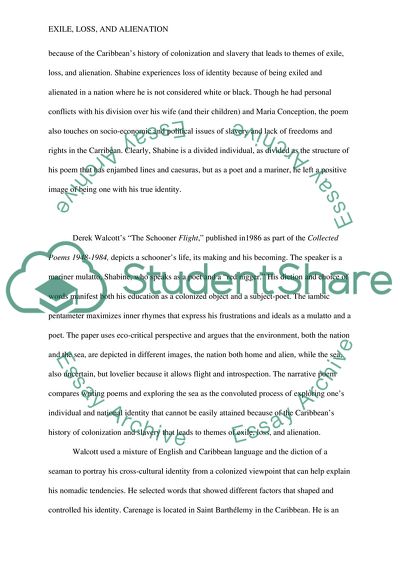Cite this document
(Exile, Loss, and Alienation in Walcotts The Schooner Flight Case Study, n.d.)
Exile, Loss, and Alienation in Walcotts The Schooner Flight Case Study. https://studentshare.org/literature/1805123-essay-really-close-reading
Exile, Loss, and Alienation in Walcotts The Schooner Flight Case Study. https://studentshare.org/literature/1805123-essay-really-close-reading
(Exile, Loss, and Alienation in Walcotts The Schooner Flight Case Study)
Exile, Loss, and Alienation in Walcotts The Schooner Flight Case Study. https://studentshare.org/literature/1805123-essay-really-close-reading.
Exile, Loss, and Alienation in Walcotts The Schooner Flight Case Study. https://studentshare.org/literature/1805123-essay-really-close-reading.
“Exile, Loss, and Alienation in Walcotts The Schooner Flight Case Study”. https://studentshare.org/literature/1805123-essay-really-close-reading.


